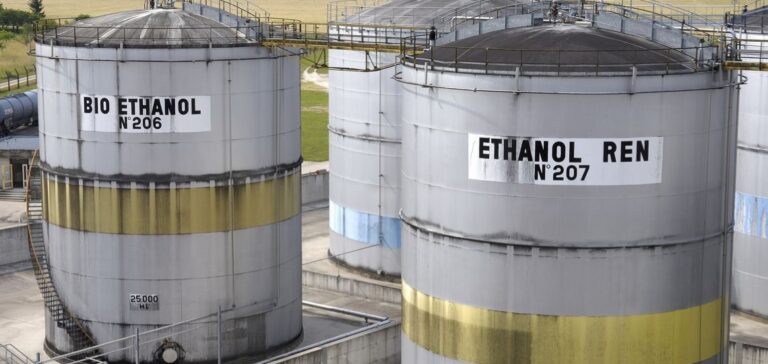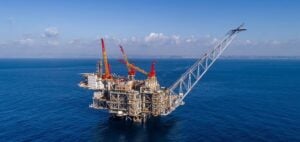Cepsa, a leading Spanish energy company, and Bio-Oils, Apical’s biofuels entity in Huelva, announce a joint venture to build the largest second-generation biofuels plant in Southern Europe.
Global agreement to secure raw material supply for new Cepsa plant
This new plant will be located in the La Rábida de Cepsa energy park in Palos de la Frontera (Huelva) and requires an investment of up to 1 billion euros. This is one of the largest private investments in the history of the Andalusian region of southern Spain.
The facility will source the majority of its feedstock from organic waste such as agricultural residues or used cooking oil through a long-term global agreement with Apical. This will enable the facility to address one of the industry’s key challenges: access to raw materials. The new plant will create approximately 2,000 direct and indirect jobs during its construction and operation phase. In addition, it will include two pre-processing units and a flexible annual production capacity of 500,000 tons of sustainable aviation fuel (SAF) and renewable diesel for land, sea and air transportation.
The use of biofuels can reduce CO2 emissions by up to 90% compared to traditional fuels, making it a key element in enabling an equitable energy transition towards decarbonization of transport, especially in sectors where electrification is complex, such as heavy road, maritime and air transport. The new plant will be designed as a native digital factory, integrating cutting-edge technologies such as artificial intelligence, internet of things (IoT) and data analytics to maximize process efficiency and ensure the highest standards of safety and environmental protection.
Cepsa’s new 2nd generation biofuels plant in Huelva contributes to the circular economy and sustainable energy production
Cepsa aims to become the main supplier of second generation biofuels in Spain and Portugal, with an annual production capacity of 2.5 million tons of biofuels by 2030, including 800,000 tons of SAF. That’s enough sustainable aviation fuel to circle the globe 2,000 times. This alliance is part of the European Green Deal and the European Commission’s Fit for 55 package, which includes a legislative initiative called “RefuelEU Aviation” to boost the supply of and demand for aviation biofuels in the European Union to 2% use by 2025, 5% by 2030 and 63% by 2050.
The development and use of biofuels contributes to several of the Sustainable Development Goals in the 2030 Agenda, including SDG 7 (Clean and Affordable Energy), SDG 8 (Decent Work and Economic Growth), SDG 12 (Responsible Consumption and Production), and SDG 13 (Climate Action). The construction of this new plant is part of Cepsa’s goal to become the leading manufacturer of 2nd generation biofuels in Spain and Portugal, thus contributing to the circular economy and promoting sustainable energy production.
Thus, Cepsa’s investment in the new 2nd generation biofuels plant in Huelva is a decisive step in the company’s strategy to lead the production of biofuels in Spain and Portugal. This investment will position Andalusia as a European benchmark for sustainable energy production and the circular economy. With the use of biofuels, this new plant will reduce CO2 emissions, create employment opportunities and contribute to the achievement of sustainable development goals.





















